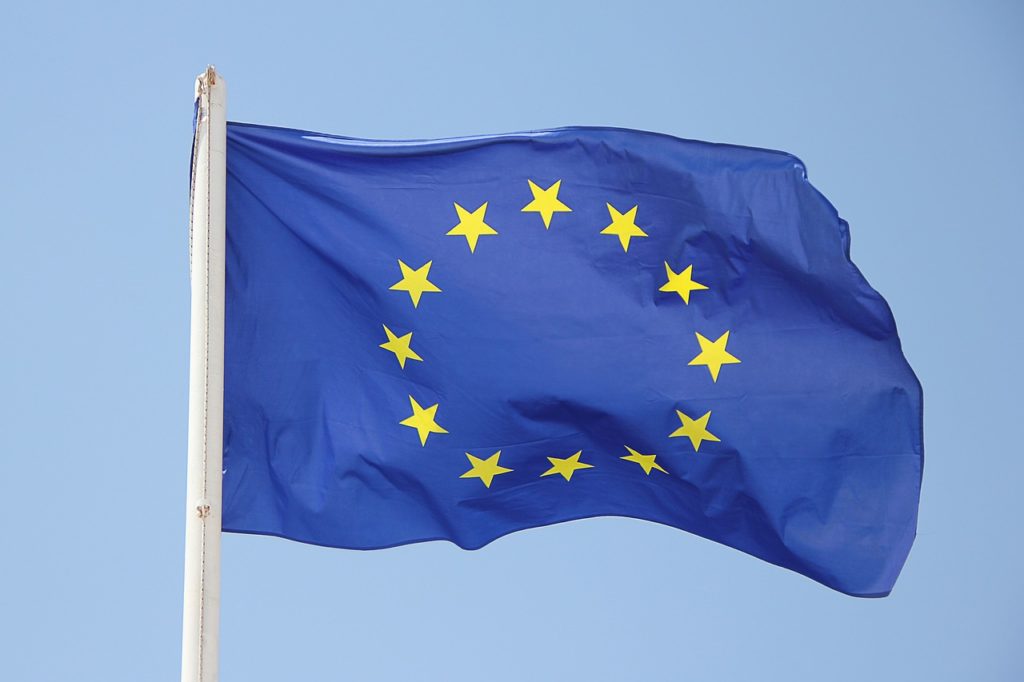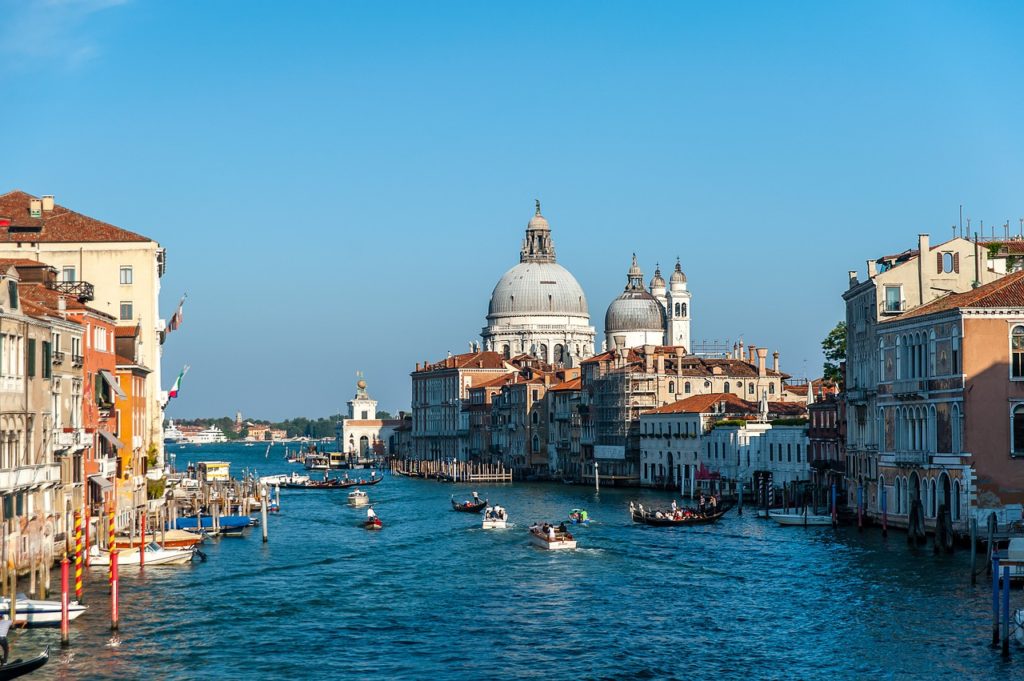There has been a lot of conversation about the plans of a Europe reopening this summer, however, these plans got a shot in the arm as the representatives of European Union countries have agreed on a policy recommended by the European Commission, and now it just needs to be formalised.

European Union to open up for non-essential travel
The European Union ambassadors met last evening to discuss the reopening of European borders and agreed upon the way they should go about it. This is still not ‘finalised’ as it is to be put to vote with the leaders of the European Union, which will happen soon, but this consensus sets the ball rolling for a formal move shortly.
The EU decision will then be rolled out to individual member countries. Some nations have already opened up their borders, such as Greece and Croatia, and more recently Germany. But the rollout will depend on individual countries putting in place systems and processes to this effect. Here is the EU Council representative telling us more about Europe reopening plans.
We welcome the @EUCouncil agreement on updating the approach to travel from outside the EU.
The Council now recommends that EU countries ease some of the current restrictions, in particular for those vaccinated with an authorised vaccine.@ChristianWigand ↓ pic.twitter.com/hCVKxe2Pw2
— European Commission 🇪🇺 (@EU_Commission) May 19, 2021
Europe reopening for fully-vaccinated travellers
The European Union has a two-pronged plan to open up. First and most importantly, the European Union countries will open up to fully-vaccinated travellers from across the globe to enter the EU for non-essential travel. You are considered fully vaccinated after you have completed at least 14 days after the last dose of your vaccine (one dose for JJ, two doses for AstraZeneca, Pfizer and so on).
In terms of the vaccines which will be acceptable, it would be those which have received marketing authorisation in the EU. Member States could also extend this to those vaccinated with a vaccine having completed the WHO emergency use listing process. This could mean, the vaccines from the following manufacturers would be acceptable currently:
- Pfizer BioNTech
- AstraZeneca/Serum Institute of India (CoviShield)
- Jannsen (Only for US/NL sites as of May 18, 2021)
- Moderna
- Sinopharm
For Covaxin, the process has been initiated for a EUA, but the timeline is not clear about how long would it be before we get a EUA for it.
Additionally, if a member state waives the requirements for a negative PCR test and/or a quarantine for residents, then these should also be waived for vaccinated visitors. The member states should accept certificates from non-EU countries based on national law, taking into account the ability to verify the authenticity, validity, and integrity of the certificate.
At a later date, a Digital Green Certificate will be made operational. In particular, travellers should be able to prove their vaccination status with a Digital Green Certificate issued by Member States’ authorities on an individual basis, or with another certificate recognised as equivalent by virtue of a Commission adequacy decision.
Until the Digital Green Certificate is operational, Member States should be able to accept certificates from non-EU countries based on national law, taking into account the ability to verify the authenticity, validity and integrity of the certificate and whether it contains all relevant data. Member States could consider setting up a portal allowing travellers to ask for the recognition of a vaccination certificate issued by a non-EU country as reliable proof of vaccination and/or for the issuance of a Digital Green Certificate.
Children who are excluded from vaccination should be able to travel with their vaccinated parents if they have a negative PCR COVID-19 test taken at the earliest 72 hours before arrival area. In these cases, Member States could require additional testing after arrival.

Venice, soon?
Europe Reopening for certain low-risk countries
Non-essential travel regardless of individual vaccination status is currently permitted from 7 countries with a good epidemiological situation. This list is decided by the European Council on the basis of epidemiological criteria contained in the current recommendation.
Going forward, the European Union will add countries to a ‘safe country’ list as well, where the threshold of 14-day cumulative COVID-19 case notification is below 75/100,000 inhabitants. This remains considerably below the current EU average, which is over 420. This list will be updated every 2 weeks.
Other criteria include a stable or decreasing trend of new cases, the number of tests performed, a 4% positivity rate among all tests carried out, the overall response to COVID-19 in the country and the reliability of the available information. Reciprocity should continue to be taken into account on a case by case basis.
However, fully vaccinated Indian passport holders, who have taken CoviShield or Sinopharm will be allowed to travel into the EU once this becomes applicable across the EU, if the country does not get an Emergency Brake.
Emergency Brake Mechanism
The EU will also get in place an ‘Emergency Brake’ Mechanism, which will allow them to counter the spread of the virus inside their territory due to those coming from outside EU borders.
When the epidemiological situation of a non-EU country worsens quickly and in particular if a variant of concern or interest is detected, the Emergency Brake mechanism will allow a Member State to urgently and temporarily suspend all inbound travel by non-EU citizens resident in such a country. The only exceptions, in this case, would be healthcare professionals, transport personnel, diplomats, transit passengers, those travelling for imperative family reasons, seafarers, and persons in need of international protection or for other humanitarian reasons. Such travellers would be subject to strict testing and quarantine arrangements even if they have been vaccinated.
And not surprisingly, India is a candidate for being Emergency Braked as soon as this becomes law.
Bottomline
The European Union representatives have agreed to open borders for fully vaccinated travellers, and this is expected to be formalised as soon as Monday next week. However, there will be another list of countries considered safe (less than 100 notified cases over 14 days), notified every two weeks as well, where people from those countries can arrive into the EU alongside. An Emergency Brake mechanism will allow the EU-member countries to give some countries a pass if cases rise there.
What do you think of the new guidelines for Europe reopening for travel?
Liked our articles and our efforts? Please pay an amount you are comfortable with; an amount you believe is the fair price for the content you have consumed. Please enter an amount in the box below and click on the button to pay; you can use Netbanking, Debit/Credit Cards, UPI, QR codes, or any Wallet to pay. Every contribution helps cover the cost of the content generated for your benefit.
(Important: to receive confirmation and details of your transaction, please enter a valid email address in the pop-up form that will appear after you click the ‘Pay Now’ button. For international transactions, use Paypal to process the transaction.)
We are not putting our articles behind any paywall where you are asked to pay before you read an article. We are asking you to pay after you have read the article if you are satisfied with the quality and our efforts.


https://www.ecdc.europa.eu/en/publications-data/data-national-14-day-notification-rate-covid-19
It seems that the notification rate is based on cases per 100,000 of the population, in which case India’s notification rate is around 400 based on data from the EU. Similarly, Singapore’s notification rate is 6 based on EU data, which makes them eligible for vaccination free travel (unless the emergency brake is enacted)
@Anonymous, could you put in the comments a link as to where do you see anything that is based on 100K units of the population? Thanks.
@Anonymous. Found it. But the latest is that they reduced the 100 number to 75 today.